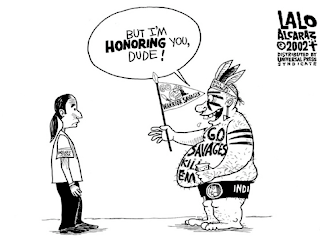In this video, Franchesca Leigh poses as a “White girl” and says many of the things that she and other “Black girls” hear routinely. To Leigh, these are microaggressions. They variously trivialize and show insensitivity towards race and racism, remind the listener that she is considered different and strange, homogenize and stereotype Black people, and more…
This project is NOT about showing how ignorant people can be in order to simply dismiss their ignorance. Instead, it is about showing how these comments create and enforce uncomfortable, violent and unsafe realities onto peoples’ workplace, home, school, childhood/adolescence/adulthood, and public transportation/space environments.
Microaggressions are “brief and commonplace daily verbal, behavioral, or environmental indignities, whether intentional or unintentional, that communicate hostile, derogatory, or negative… slights and insults” (source). These are often subtle. So the recipient feels badly, but it can be difficult to explain exactly why, especially to someone who isn’t sympathetic to issues of bias.
Someday we just might be able to empower ourselves away from our own microaggressive self-policing of preconception and prejudice. And we will gain the appropriate respect for those brave enough to stand up to it. And at least the daily questions might become less boring!





























